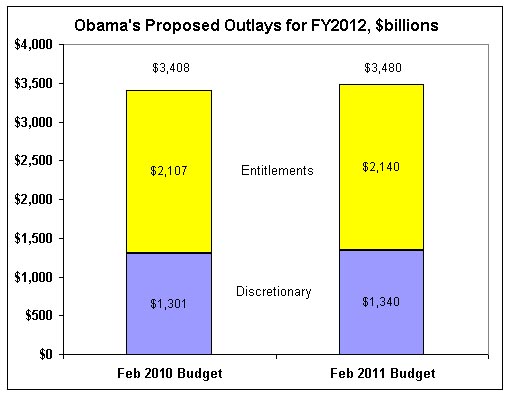12-09-2009

Permalink


Haaretz.com
|
Subject: Service As A Social Norm
Israel has always maintained a national defense force by way of
mandatory conscription, but even that country is upping the ante
with a proposal to extend mandatory service to all citizens in the
country. Reuven Gal reports in an article titled,
"
Service as a social norm", as follows:
|
Israel Defense Forces Chief of Staff Gabi Ashkenazi has called
for a form of universal national service in Israel, with the
army picking those conscripts best suited for military service
and the others assigned to civilian duties.
In Ashkenazi's utopian vision, all the young people in the
country - whether Jewish, Arab, secular, Orthodox or
ultra-Orthodox - will report to induction centers upon
receiving their call-up papers.
"The IDF will have the first choice, and will take the
people it needs. After that, everyone moves on to the next
pavilion and are then classified for civilian service. They
could serve in the police or the fire brigade," said
Ashkenazi, not forgetting to add hospitals, schools, nursing
homes and environmental activities. Such an arrangement, he
asserted, would not only meet the country's security
requirements, but also answer a social need.
|
The author then makes a stab at arguing against such a program on
ethical grounds.
|
For its part, Israel is still under an existential security
threat, and therefore maintains a system of compulsory
conscription.
The need for civilian national service does not spring from
an existential threat. The activities of the 13,000 young
people doing national service in schools, hospitals, fire
stations and with the police are indeed meant to fulfill
vital needs, but they do not have to do with the survival
of the community.
The morality of demanding that people who are exempt from
military service serve instead in other areas is dubious.
They should certainly not be imprisoned as deserters if they
balk at it. Would ultra-Orthodox or Druze women whose customs
and traditions bar them from such service be put in jail?
This is where a more ethical alternative to compulsory service
comes in - volunteerism. National service duties take in such
tasks as assistance to children with special needs, work in
hospitals and HMOs, road safety instruction; it is hard to
imagine having to do such things under a conscription order.
They should be done out of an inner commitment, not external
coercion.
|
Unfortunately, he has lost the battle before he begins, because he has
already ceded the fundamental principle that the State's needs
supersede the rights of the individual when he allows that the
existence of "an existential security threat" justifies "a
system of compulsory conscription". Once that basic relationship
between the State and its citizens is established, there is no valid
argument remaining to counter the current proposal which claims that
Israel's vital social needs should also be met by a new class
of conscription. After all, a need is a need, whether stemming from
internal or external causes.
And here is why Mr. Gal is not able to mount a cogent defense:
|
Calls for universal national service may sound right, but
they are wrongheaded in terms of both security and social
needs. A controlled, egalitarian and impartial nurturing
of the existing national service system will gradually
produce a normative state of affairs in which youngsters
serve the community - in the military or in a voluntary
civilian framework - and it will be so accepted and
established that only marginal elements will stay out of it.
Social norms will be more powerful and more ethical than
conscription papers, even if they are signed by the chief
of staff.
|
He cannot fathom a proper defense based upon the rights of the
individual, because he explicitly rejects such a concept. He
advocates a social egalitarianism where all citizens are
the same — in principle, if not in practice — with none
supposed to rise above any other. And how would this unnatural
result be achieved? By "impartial nurturing" — whatever
that might imply! Maybe the "Service-Learning" programs in the US
would fall under that heading?
This puts a lot of faith in "social norms". Exactly how
long can such a system stand up to "marginal elements" like
me, not only refusing to participate, but making a loud vocal
argument in opposition and encouraging others to exert their own
independence by not participating as well.
No, I'm fairly sure that a truly voluntary system will not meet the
real goals of those people pushing this proposal. Just as the
Obama administration realizes that it is important to pay lip service
to the idea of "volunteerism" while funding the push for mandatory
national and community service under the nation's radar.
|








